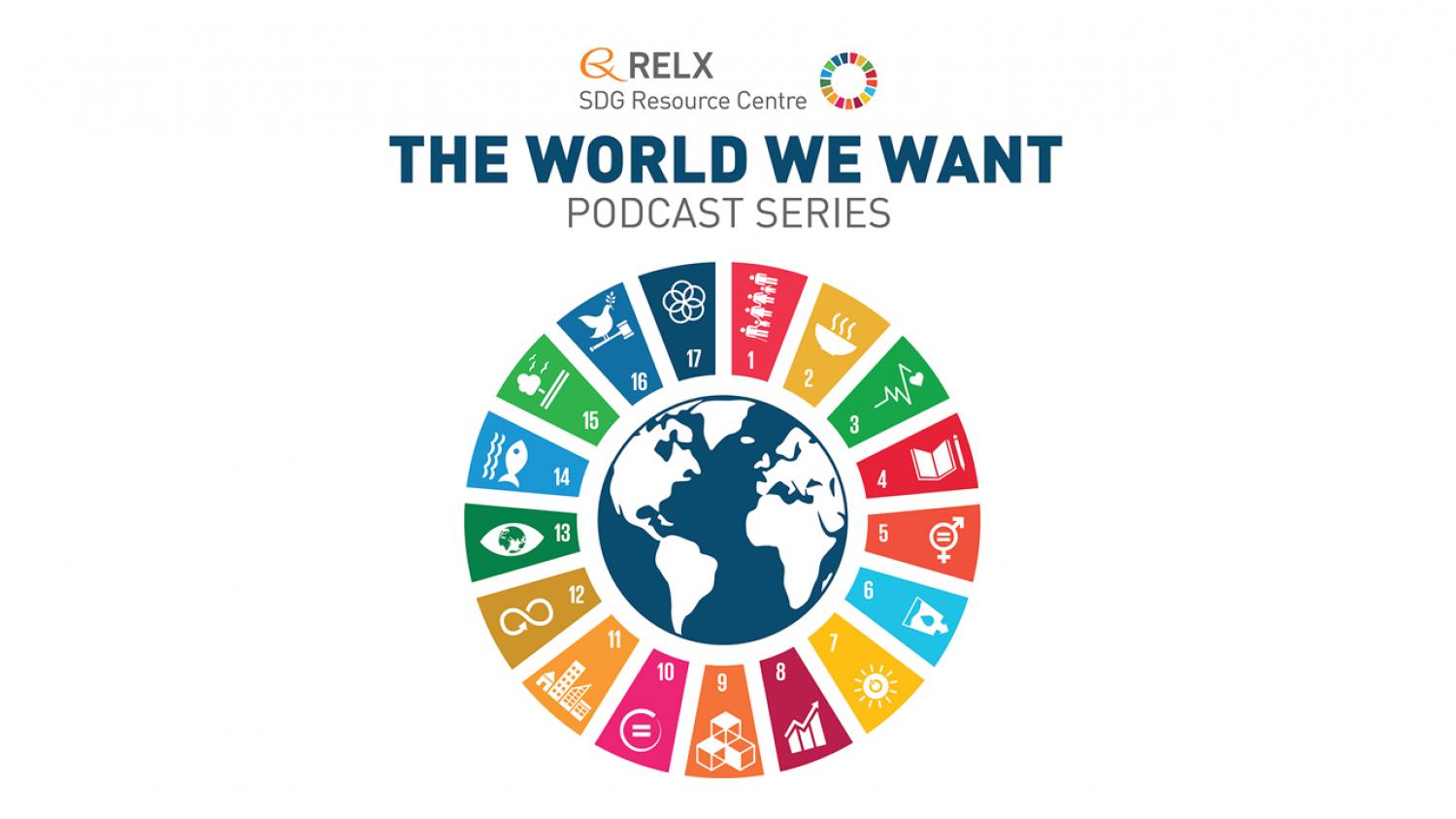World Day of Social Justice 2026: Promoting Equality, Inclusion, and Human Rights
Observed annually on February 20, the World Day of Social Justice highlights the importance of addressing global challenges such as poverty, exclusion, unemployment, gender inequality, and human rights. Established by the United Nations General Assembly in 2007 (A/RES/62/10), this day advocates for social justice as a foundation for peace, equality, and sustainable development worldwide.
World Creativity and Innovation Day 2026: Harnessing Creativity for Global Progress
World Creativity and Innovation Day, celebrated annually on April 21, highlights the essential role of creativity and innovation in addressing global challenges and achieving sustainable development. Established by the United Nations General Assembly in 2017 through Resolution 71/284, the day promotes creative problem-solving and fosters innovative thinking worldwide.
International Day of Zero Waste 2026: Tackling Waste for a Sustainable Future
Observed annually on March 30, the International Day of Zero Waste promotes global efforts to address the waste crisis and advance sustainable production and consumption practices. Established by the United Nations General Assembly in 2022, this observance highlights solutions for resource recovery, reducing pollution, and protecting both human and environmental health.
Addressing the Waste Crisis
World Poetry Day 2026: Celebrating Poetic Expression and Linguistic Diversity
World Poetry Day is observed every year on March 21, celebrating the enduring power of poetry as a universal form of human expression. Declared by UNESCO in 1999, this day promotes reading, writing, publishing, and teaching poetry while honoring its ability to inspire creativity, preserve endangered languages, and foster dialogue among cultures.
In this round up of 2024, we share the Special Collections published on the SDG Resource Centre throughout the year, featuring more than 800 research articles and book chapters made freely available to advance knowledge and accelerate the achievement of the United Nations Sustainable Development Goals by 2030.






